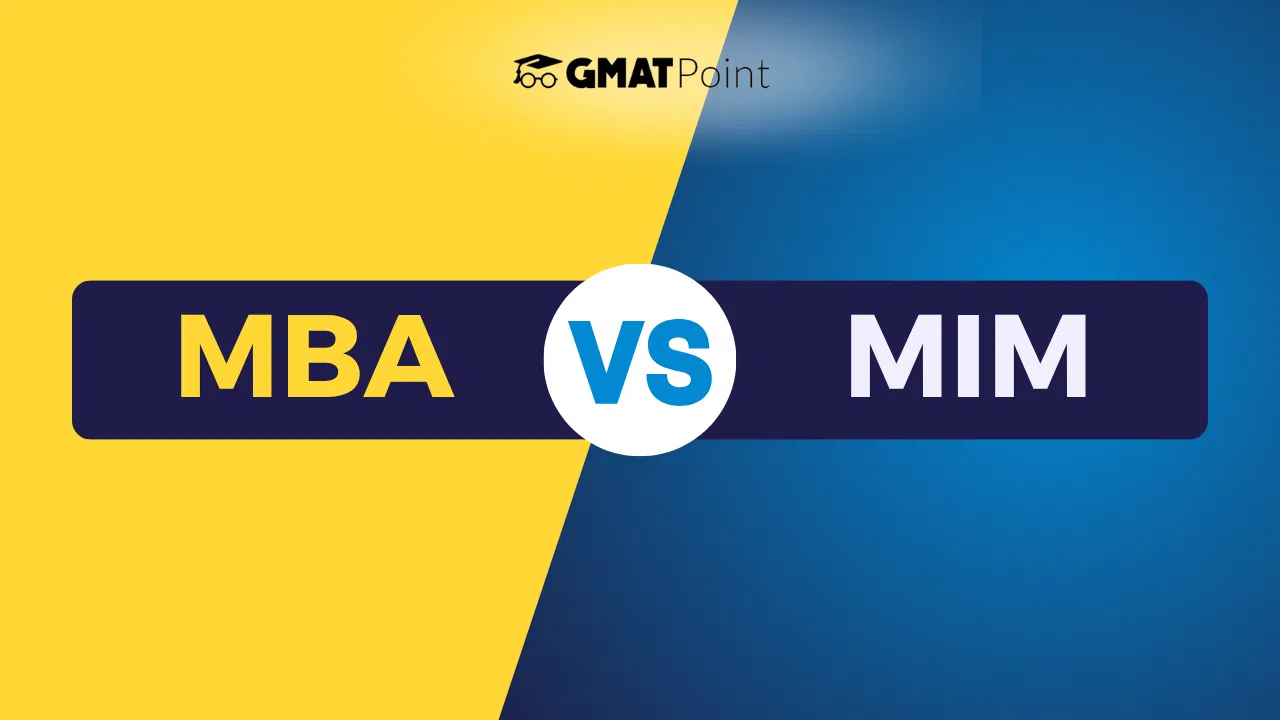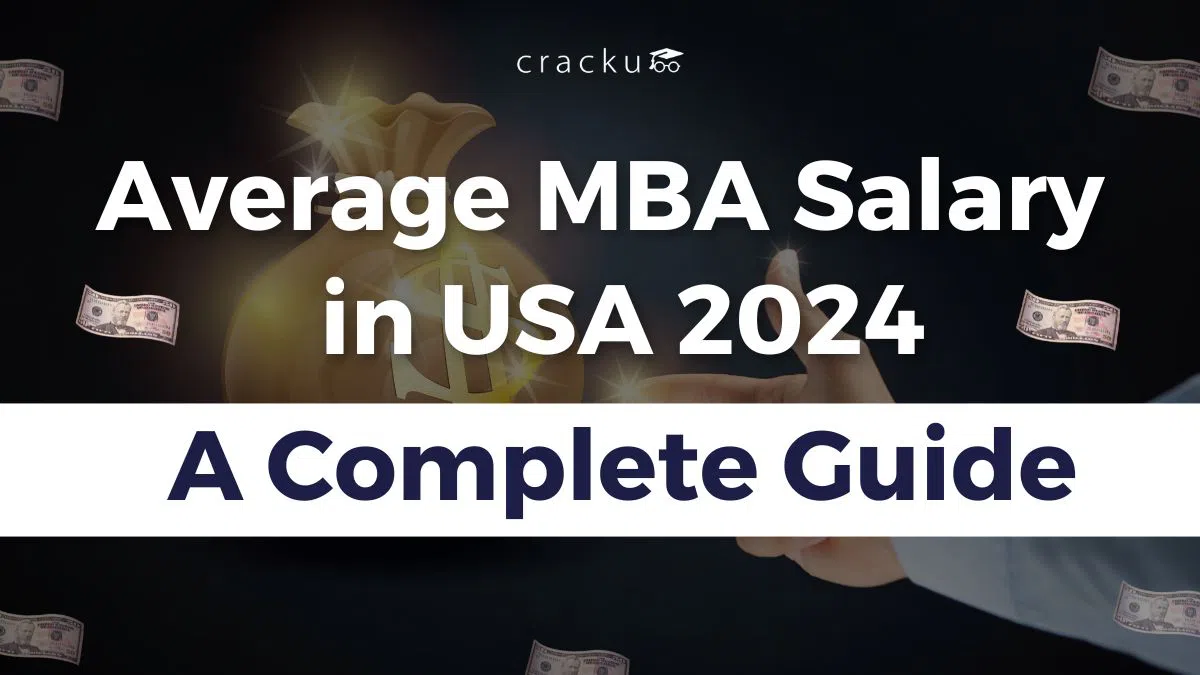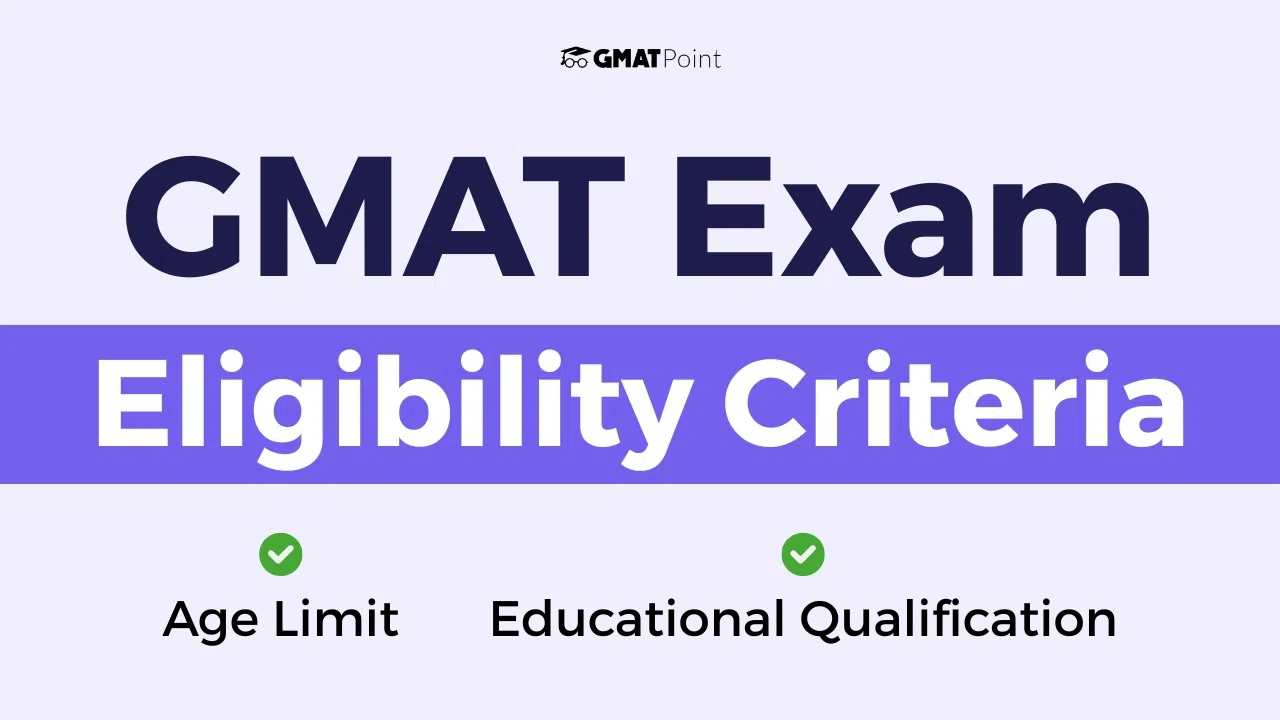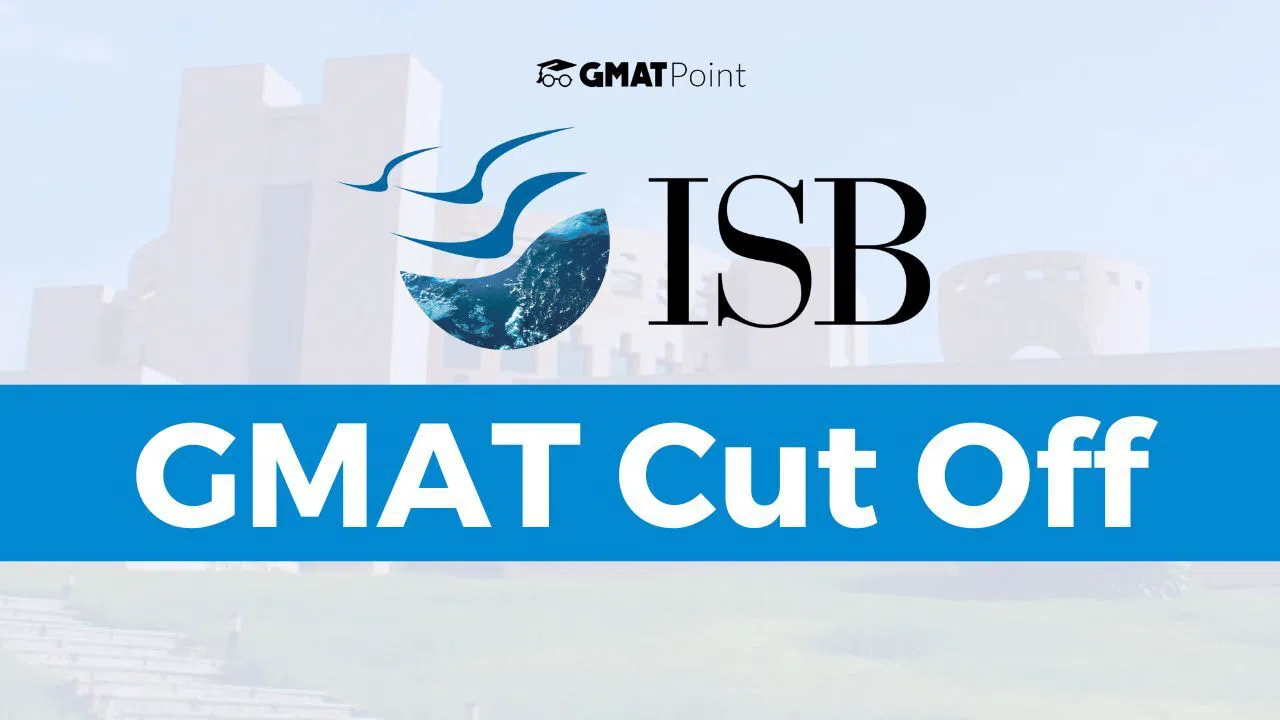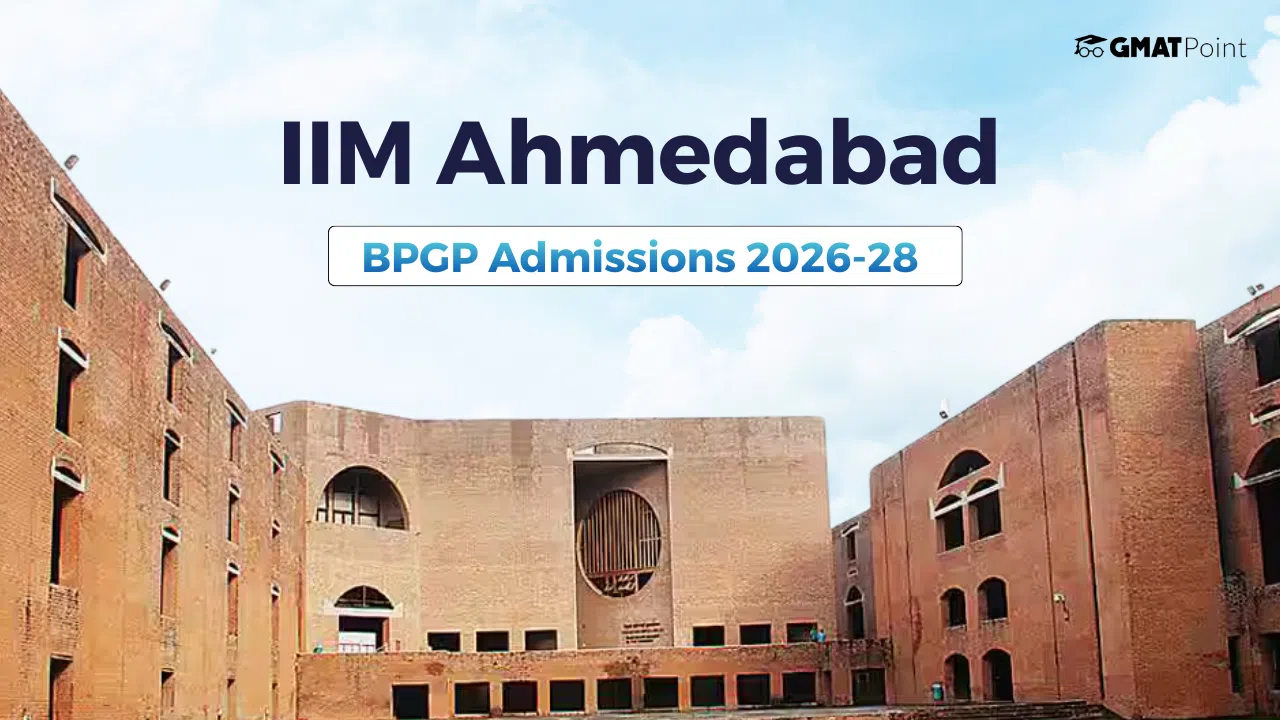MBA Vs MIM: Higher education is frequently viewed as a doorway to greater professional prospects and increased earning potential in today's competitive labour market. The Master of Business Administration (MBA) and the Master in Management (MIM) are two of the most sought-after graduate degrees for prospective business professionals. Though they target different audiences and professional objectives, both degrees seek to improve leadership and business acumen. The main distinctions between MIM and MBA programmes, as well as the benefits and drawbacks of each, will be discussed in this essay along with other important considerations.
Masters in Management (MIM)
A relatively new degree, the Master of Management (MIM) has been popular in Europe and is now spreading throughout the world. It is primarily intended for professionals in their early careers and recent graduates who want to have a solid understanding of management and business techniques. MIM programmes provide a thorough understanding of corporate operations by concentrating on both the academic and practical aspects of management.
MBA Vs MIM: Key Differences
Known all throughout the world, the Master of Business Administration (MBA) is a reputable degree. Professionals with several years of work experience who want to change occupations or advance into higher management roles are the target audience. MBA programmes prioritise advanced business skills, leadership, and strategic thinking. These are typically taught through a blend of group projects, case studies, and internships.
| Criteria | MBA (Master of Business Administration) | MIM (Master in Management) |
|---|---|---|
| Program Duration | Typically 1 to 2 years | Around 10 to 12 months |
| Ideal Candidates | Professionals with prior work experience (2-3+ years) | Fresh graduates or those with little to no experience |
| Tuition Fees | $61,000 - $161,000 (₹51.16L - ₹1.34 Cr) | $24,000 - $140,579 (₹19.97L - ₹1.16 Cr) |
| Average Salary Post-Graduation | $169,000 - $228,000 (₹1.41 Cr - ₹1.90 Cr) | $68,000 - $106,000 (₹56.58L - ₹88.20L) |
| Curriculum Approach | Practical, experience-based learning | Theory-focused academic framework |
| Work Experience Requirement | Mandatory (2-3 years minimum) | Not mandatory; open to freshers |
| Career Outcomes | Mid to senior-level managerial roles | Entry-level management and analyst roles |
Also Take, GMAT Mock Test
MBA vs MIM: Curriculum and Teaching Methods
MIM Curriculum
MIM programmes provide a thorough exposure to all facets of management. The programme often includes courses in:
- Management Theory: The foundations of management concepts and practices.
- Finance and Accounting: An overview of financial reporting, analysis, and budgeting.
- Marketing strategy and management principles.
- Operations Management: Techniques for improving business operations.
- Organisational behaviour is the study of how people behave in organisations.
Lectures, case studies, group projects, and internships are common teaching techniques in MIM programmes, giving both theoretical knowledge and practical experience.
MBA Curriculum
MBA programmes aim to acquire advanced business skills and strategic thinking. The curriculum usually includes fundamental courses in:
- Leadership and Ethics: Developing leadership abilities and making ethical decisions.
- Strategic management is the development and implementation of corporate strategies.
- Corporate finance involves advanced principles in financial management and investing.
- Entrepreneurship is defined as the creation and management of new business initiatives.
- Global Business: An understanding of international business environments and procedures.
In addition to basic courses, MBA students can specialise in finance, marketing, operations, or technology by selecting electives from a diverse list. Case studies, simulations, group projects, and real-world consulting assignments are frequently used as teaching tools.
Also Take, GMAT Sample Paper 2025, Practice Tests With Solutions PDF
MBA vs MIM: Career Opportunities and Outcomes
MIM Career Opportunities
MIM programme graduates often work in entry-level or junior management jobs. Popular career pathways include:
- Management Trainee: Starts in numerous businesses and progresses to management positions.
- Business analyst: Analyses business operations and makes recommendations.
- Marketing Coordinator: Assists in marketing campaigns and strategy creation.
- Financial analysts do financial analysis and planning.
MIM alumni frequently find jobs in global organisations, consulting firms, and start-ups. The degree serves as a solid foundation for students looking to advance in their careers or further their studies with an MBA or specialised master's degree. Since it is a degree that is based on theoretical understanding for students, the jobs that you get access to are different from the jobs that an MBA grad does. Typically, due to factors mainly revolving around work experience, an MIM grad will work under an MBA grad. This is not a reflection of the degrees but rather work experience.
MBA Career Opportunities
MBA graduates are frequently considered for higher-level management and leadership positions. Popular career pathways include:
- Senior Manager or Director: Leadership positions in many departments.
- Consultants provide strategic counsel to organisations.
- Entrepreneurs start and manage their own businesses.
- Investment bankers work in financial services, where they manage investments and mergers.
MBA graduates often have access to a wider range of industries and higher earning possibilities. Employers value the degree because it emphasises strategic thinking, leadership, and problem-solving skills.
MIM Vs MBA: Top Colleges
Top Colleges to apply with GMAT outside India for MIM:
Name of the University | Tuition fees |
Cornell University | $29,500 (₹24.76 lakh) |
The University of Chicago | $65,000 (₹54.56 lakh) |
University of Michigan | $53,615 (₹45 lakh) |
HEC Paris | €53,200 (₹49.8 lakh) |
Top Colleges to apply for MBA with GMAT Scores in India:
| College Name | Fees (Approx.) | Average Salary | Courses Offered |
|---|---|---|---|
| ISB Hyderabad | ₹45 lakhs | ₹34.21 LPA | PGP |
| IIM Ahmedabad | ₹34 lakhs | ₹35.68 LPA | PGP, PGPX |
| IIM Bangalore | ₹32 lakhs | ₹34.33 LPA | PGP, Executive PGP |
| IIM Calcutta | ₹33.5 lakhs | ₹30.90 LPA | PGP, MBAEx |
| IIM Lucknow | ₹26 lakhs | ₹26.47 LPA | PGP, IPMX |
| IIM Kozhikode | ₹13 lakhs | ₹22.5 LPA | PGP, Executive PGP |
Also, Download GMAT Syllabus PDF
Factors to Consider When Choosing Between MIM and MBA
Career Goals: Determine whether your career goals are more aligned with entry-level and junior management positions common among MIM graduates or higher-level leadership roles sought by MBA graduates.
Work Experience: Review your current professional experience. If you are a recent graduate or have little work experience, a MIM may be a better fit. If you have several years of work experience, an MBA may be a better option.
Financial considerations: Determine your budget and willingness to invest in your education. MIM programmes are often less expensive, although MBA programmes can be more expensive but provide better returns in terms of pay and professional progression.
Programme Reputation and Network: Learn about the programmes you're interested in and their alumni networks. A solid network can lead to excellent employment chances and support.
Geographic Location: Think about where you want to study and job after graduation. Some regions may have a greater need for MIM or MBA graduates.
Also Read, GMAT Exam Dates 2025
MBA vs MIM: Conclusion
Choosing between an MBA and a MIM ultimately depends on your career stage, experience level, and professional goals. The MIM is ideal for recent graduates or those with little work experience who want to build a strong foundation in business and management. It offers a cost-effective route into the corporate world with entry-level roles in areas like marketing, finance, or operations. With its academic focus and global reach, the MIM is a valuable starting point for young professionals looking to grow into leadership roles over time.
On the other hand, the MBA is better suited for experienced professionals aiming to accelerate their careers, switch industries, or move into senior management positions. Though more expensive, MBA programs offer higher post-graduation salaries, access to strong alumni networks, and real-world business exposure through case studies and consulting projects. Both degrees are globally recognized, but your choice should align with your current career status, long-term aspirations, and financial readiness.
